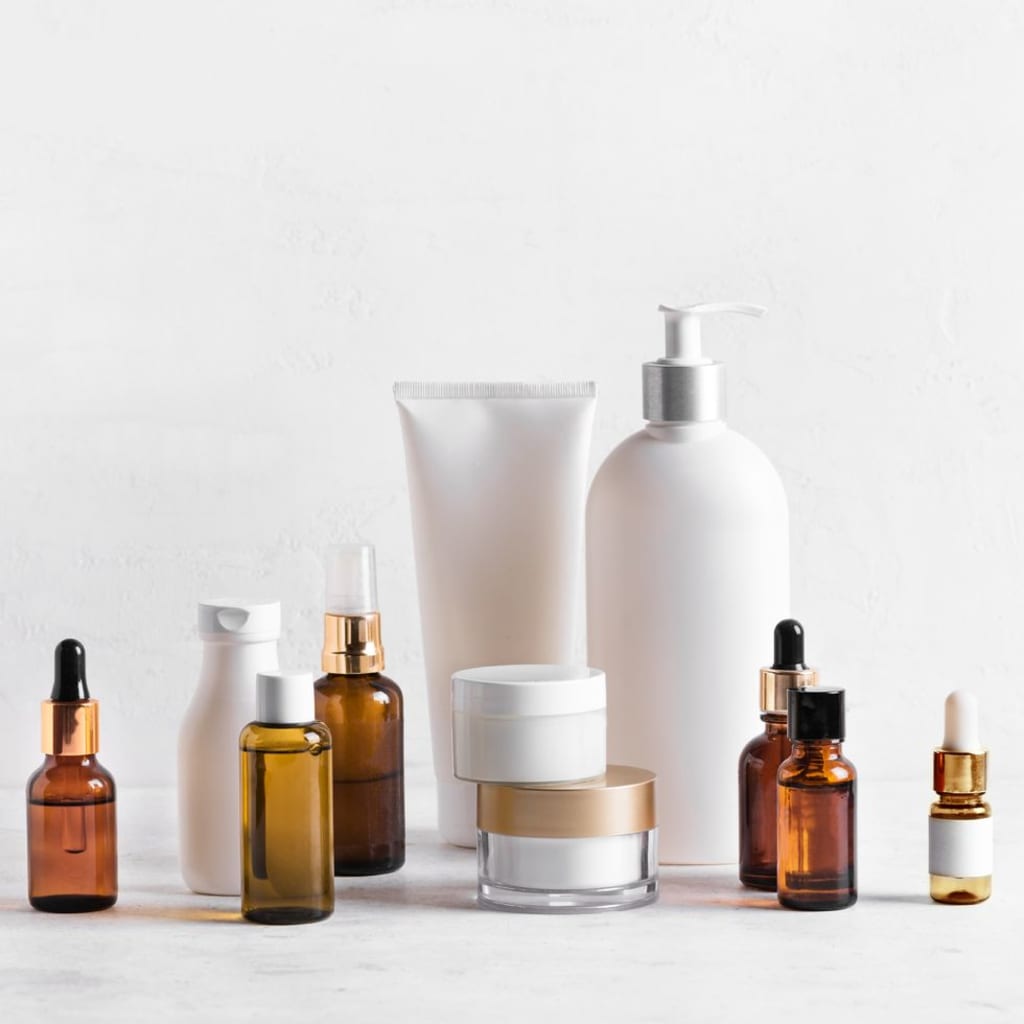The Science Behind Anti-Aging Skincare: Ingredients That Work
Unlocking the Fountain of Youth: Decoding the Science of Anti-Aging Skincare and Effective Ingredients

In the quest for youthful and radiant skin, anti-aging skincare has become an increasingly popular topic. While many products claim to possess anti-aging properties, it is important to understand the scientific basis behind their effectiveness. This article explores the key ingredients found in anti-aging skincare products that have been scientifically proven to deliver visible results. By delving into the science behind these ingredients, we aim to empower you with the knowledge to make informed decisions about your skincare routine and select products that truly work.
1. Retinoids and Retinol:
Retinoids, including retinol, are renowned for their potent anti-aging effects. Derived from vitamin A, these compounds have been extensively studied and proven to stimulate collagen production, improve skin texture, reduce fine lines and wrinkles, and even out skin tone. Retinoids work by binding to specific receptors in the skin, which activates a series of cellular processes that enhance cell turnover and collagen synthesis. This leads to a more youthful and rejuvenated appearance. It is important to note that retinoids can cause skin sensitivity, so it is recommended to start with lower concentrations and gradually increase usage over time.
2. Peptides:
Peptides are short chains of amino acids that play a crucial role in maintaining the skin's structural integrity. They act as messengers, signaling the skin to produce more collagen and elastin, which are essential proteins for maintaining firmness and elasticity. Peptides are often included in anti-aging skincare formulations to support the skin's natural repair processes, diminish the appearance of wrinkles, and improve overall skin tone and texture. Popular peptides used in skincare include palmitoyl pentapeptide-4, copper peptides, and acetyl hexapeptide-8.
3. Antioxidants:
Antioxidants are powerful allies in the fight against skin aging. They work by neutralizing harmful free radicals, which are unstable molecules that damage skin cells and contribute to premature aging. Some well-known antioxidants used in skincare include vitamins C and E, green tea extract, resveratrol, and coenzyme Q10. These ingredients help protect the skin from environmental aggressors such as pollution and UV radiation, promote collagen synthesis, and improve skin elasticity. Incorporating antioxidants into your skincare routine can help reduce the appearance of fine lines, wrinkles, and age spots while promoting a youthful complexion.
4. Hyaluronic Acid:
Hyaluronic acid is a naturally occurring substance in the skin that has the remarkable ability to retain moisture. It acts as a humectant, drawing water into the skin and keeping it hydrated, plump, and supple. With age, the skin's hyaluronic acid levels decline, leading to dryness and loss of volume. By topically applying hyaluronic acid, skin moisture levels can be replenished, resulting in improved hydration, reduced fine lines, and a more youthful appearance. This ingredient is often found in serums, moisturizers, and facial masks, making it a valuable addition to any anti-aging skincare routine.
5. Alpha Hydroxy Acids (AHAs) and Beta Hydroxy Acids (BHAs):
AHAs, such as glycolic acid and lactic acid, and BHAs, such as salicylic acid, are exfoliating agents that help remove dead skin cells, unclog pores, and promote cellular turnover. Regular exfoliation can improve skin texture, reduce the appearance of fine lines and wrinkles, and enhance the absorption of other anti-aging ingredients. AHAs are water-soluble and work on the skin's surface, while BHAs are oil-soluble and can penetrate deeper into the pores, making them effective for treating acne-prone and oily skin. When used correctly and in appropriate concentrations, these hydroxy acids can reveal smoother, brighter, and more youthful-looking skin.
Understanding the science behind anti-aging skincare ingredients is essential for making informed choices about the products you incorporate into your routine. Retinoids, peptides, antioxidants, hyaluronic acid, and hydroxy acids have all demonstrated scientific efficacy in combating the signs of aging. By selecting products containing these proven ingredients and tailoring your skincare routine to address your specific concerns, you can harness the power of science to achieve a more youthful, radiant complexion. Remember to consult with a dermatologist or skincare professional to determine the most suitable products and concentrations for your skin type and individual needs.





Comments
There are no comments for this story
Be the first to respond and start the conversation.